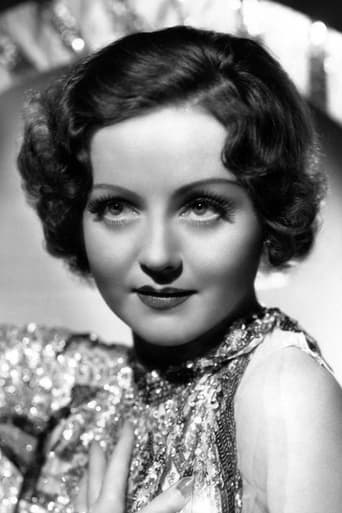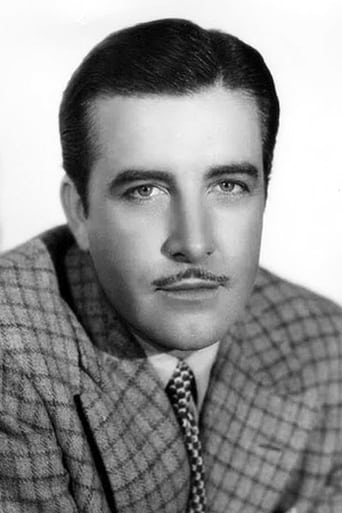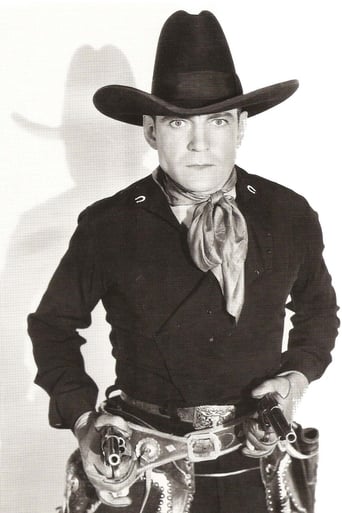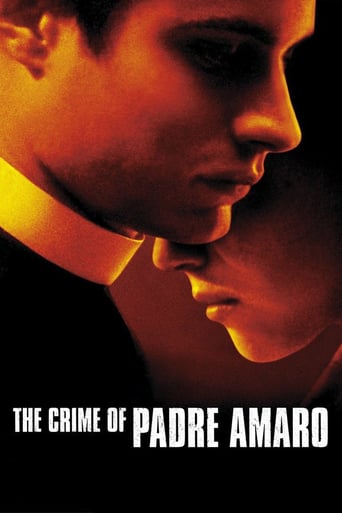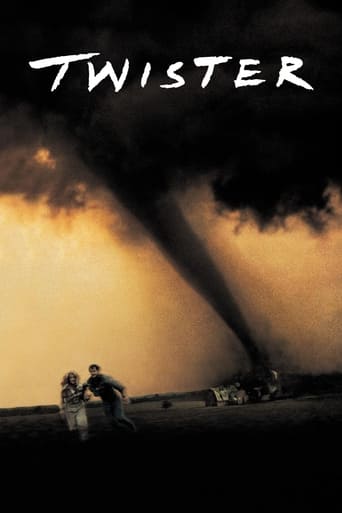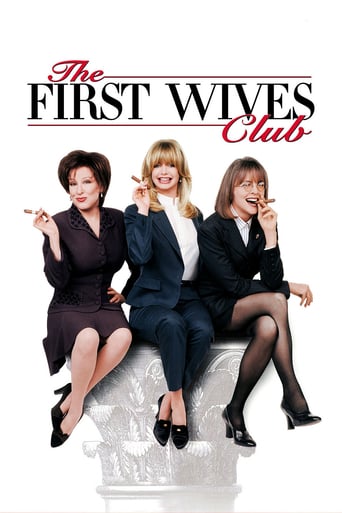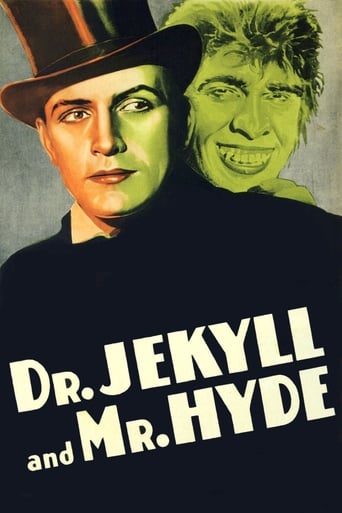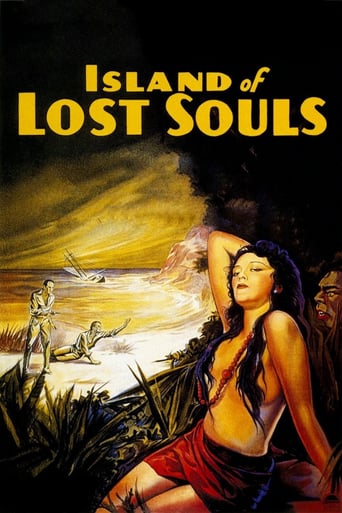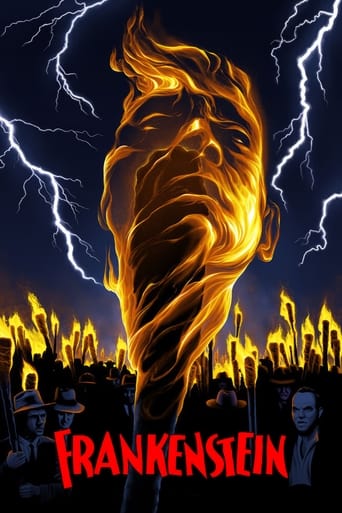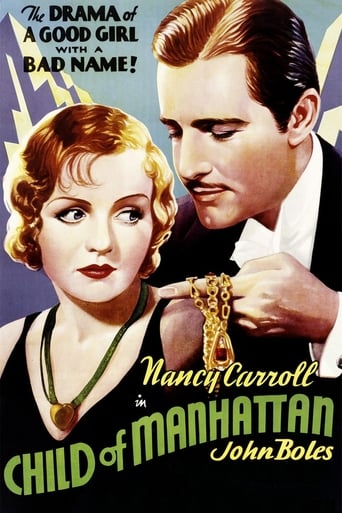
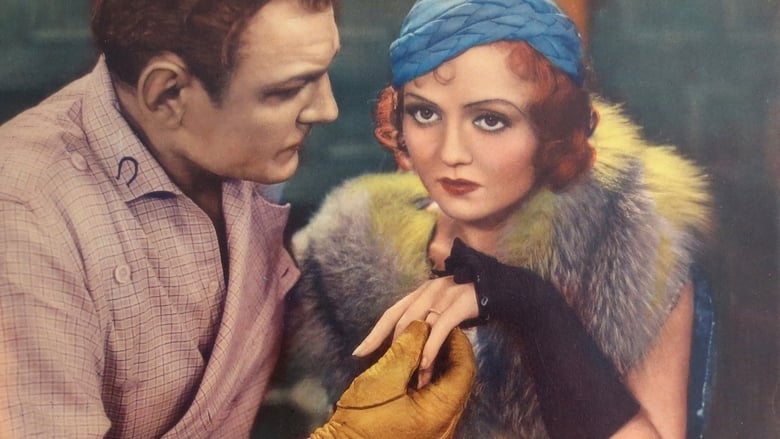
Child of Manhattan (1933)
Paul Vanderkill is extraordinarily wealthy because his grandfather happened to buy farmland in what was to become Midtown Manhattan. The Loveland Dance Hall is one of the tenants of the Vanderkill estates. To reassure his aunt Sophie, Vanderkill visits Loveland to determine whether it is as disreputable as Sophie suspects. There he meets a dime-a-dance girl, Madeleine MacGonagal, who charms him with her quaint proletarian accent. They begin a secret affair, which turns into a secret marriage when pregnancy ensues. When the baby fails to survive, Madeleine decides that since he had married her only for the baby's sake, she should make haste to Mexico to secure a divorce. There she meets Panama Canal Kelly, a former suitor who now owns a silver mine. Her plans for divorce and quick remarriage are complicated when Vanderkill arrives to confront her.
Watch Trailer
Cast


Similar titles
Reviews
Such a frustrating disappointment
For all the hype it got I was expecting a lot more!
An absolute waste of money
It's hard to see any effort in the film. There's no comedy to speak of, no real drama and, worst of all.
1933 was a good year for Nancy. The year before, Paramount had almost given up on her but with "Hot Saturday" and "Under-Cover Man" both critics and the public re-discovered her and Columbia was more determined to borrow her for a story perfectly suited to her talents, Preston Sturges' Broadway success "Child of Manhattan". Nancy's characterization was wonderful and made people recall the old Nancy of "The Dance of Life" and "The Devil's Holiday". When Paramount realised how successful "Child of Manhattan" was they decided to find better stories for her, unfortunately "The Woman Accused" was not the movie to give her lasting success and Nancy continued to be better served at other studios.Visiting "Loveland" a "not too elegant dime a dance hall", is Paul Vanderkill (John Boles) on a curiosity tour of his property. He meets Madeleine McGonegal (Carroll) one of many dance hostesses but whose freshness and charm set her apart from the other girls. There is an instant attraction, even though she has recently rejected Panama Kelly (Buck Jones) who is soon to seek his fortune in Mexico.Even though her cynical mother warns her, Madeleine continues to see Paul and is soon established in a beautiful penthouse. When she learns that she is soon to give birth Paul, reluctantly it seems to her, offers to marry her, insisting though on secrecy so as not to hurt his grown up daughter from a former marriage. When the child dies shortly after birth Madeleine, believing that Paul only married her for the sake of the child flees to Mexico for a quickie divorce. Unbeknownst to her, the Mexican agent (Luis Alberni) she employed, visits Paul and gets a huge settlement for her. Furious at the trick that has been played on Paul she arranges to marry Panama Kelly with whom she has just become reacquainted and who has never stopped loving her. The terms of the settlement stipulate that if she ever marries again the money will be cancelled. It is obvious who Nancy will end up with.As usual John Boles is stuffy and wooden but his sincerity pulls him through. Buck Jones was good as Panama Kelly who would have been far better suited to her as a husband than blue blood Paul. Jessie Ralph in her first movie was praised by the critics of the day, who commented that it wouldn't be her last. She played a motherly figure from Madeleine's dance hall days. Betty Grable had a strange part that belied her billing - she played Madeleine's sister who was seen vaguely in the background and also had a crying scene, but no words!! Another odd thing - in all the books and articles I have read about Nancy Carroll, one picture is always used, a picture of Nancy in a sparkling evening gown with balloons and a cup. The scene must have been deleted from the movie because the only time a cup is mentioned is when Paul and Madeleine are presented with a cup because Paul bought the most tickets. As Silver Screen said "Nancy Carroll as the little New York girl who says "jernt" and "apperntment" has the best role she has had in a long time".
Here's an interesting old movie, one of the earliest examples of a formula that would later define a whole genre, more a whole industry. Man meets girl and immediately falls in love. There is an event followed by a misunderstanding that send them apart. They rejoin at the end. Later this ending would require a public avowal, something missing here.This is also an example of somethings that did not stick. Deep in the depression, many movies featured the ultra rich - people who just seemed to have money for no reason. Because this was before comical prudery changed films starting with the Code, we have the situation that guy knocks up the girl.But I found it interesting for yet another reason. Movies from this era were far more willing to question gender roles than now is the case. Oh, today we worry about professions and opportunity. I'm talking about what it means to be a woman or man. In this film, we have our girl, with appealing innocence. She is the child of Manhattan, with clear immigrant, lower class heritage. Both she and the rich guy are noble people, but she far more. The film is about her decisions.Sturges has taken the time to introduce four older women. They are shoehorned in and have nothing at all to do with the story; they are there only to show strong women, sometimes frustrated strength. There is the older woman at the dance hall where our girl works, who is much loved as she takes care of her girls. We have the aunt of our rich guy who is shown as a forceful nut job.Then we have the girl's mother. We learn a lot about her past and values. She turns her daughter out on the street when she gets pregnant by her then boyfriend. This woman slaps her adult kids, hard. We spend the final third of the movie with the girl's aunt, something of a world traveller, a poor person's playgirl. She drinks too much but always seems to be on top of things.Four strong women form the situation-of-womanhood in which we interpret our girl's life. Nothing like that today in mainstream films.Ted's Evaluation -- 2 of 3: Has some interesting elements.
CHILD OF MANHATTAN is a Columbia Studios precode starring Nancy Carroll and John Boles. When millionaire Boles' aunt Clara Blandick is horrified to learn one of the family properties is being leased to "a dance hall with naked girls" Boles promises to check the establishment out. There he discovers it's a low-class "dime a dance" hall but is immediately smitten with one of the girls employed there, earthy but sweet Carroll. Boles is charmed by her lack of pretensions and touched by her concern for him when she thinks he is unemployed. Nancy Carroll eventually learns Boles is "the" Paul Vanderkill, one of New York's richest men. They fall genuinely in love but nevertheless in a man and mistress relationship, in part because of Boles' concern for his (never seen) teen-aged daughter (presumably much as he admires Carroll, she is not the kind of woman he wants his young daughter to emulate). Carroll eventually finds herself expecting which leads to a secret marriage and, ultimately, tragedy. In true Hollywood tragedy fashion, there is a happy ending.CHILD OF MANHATTAN is a fast-moving low-key melodrama based on a play by the then unknown Preston Sturges (who surely is the source for the many delightful and at times quite racy comic quips that occasionally dot the screenplay). Nancy Carroll, still quite young but already with her major career behind her as a Paramount star and one of the biggest draws in the first years of "talkies", is quite good as the somewhat incredible bimbo with a heart of gold. John Boles is as dashing and romantic as always, his sideburns tinted white to suggest a man of middle-age (in his first scene he wears a quite contemporary haircut with thick hair at the top and very thin along the bottom) yet his character too is a bit unbelievable (although he projects a romantic charisma that could probably lead just about anyone down the primrose path). Cowboy star Buck Jones makes a rare appearance in a non-western as one of Carroll's less successful suitors and there are excellent cameos by character actresses Clara Blandick as Boles' aunt, Jane Darwell as Carroll's Irish mother, and most especially Jessie Ralph as the ladies room attendant at the dance hall who is a surrogate aunt to Carroll. Luis Alberni is fun as Carroll's Mexican divorce lawyer who is always murmuring my review title when meeting new people. 15-year-old Betty Grable has a bit (surprisingly billed) as Carroll's young sister in one brief scene. CHILD OF MANHATTAN is no classic but worth the 69 minutes if you are intrigued by precodes.
I admit I obtained this film because I wanted to see John Boles' performance (he's always been a heart throb of mine) but it was Nancy Carroll's superb and sensitive performance of a common dance hall girl from Brooklyn with a heart of gold which kept me watching, especially considering the poor quality of the print I obtained.With this multi-faceted performance Nancy proved she was capable of much more than silly flapper roles. Her character is not self-serving in the least, while John Boles' character Paul is indecipherable. After admitting he is totally in love with the dance hall girl he then states he doesn't want to marry her. An unexpected pregnancy forces his hand and he does the honorable thing by marrying her, but the marriage is a secret one. We are to assume it was to protect his older daughter, but since we never see this daughter we don't have much sympathy for Paul's concerns.The audience receives a typical happy Hollywood ending in Child of Manhattan but somehow it doesn't quite fit the sum total of the film.Watch Child Of Manhattan (if you can find it) to see Nancy Carroll at her best.Update: TCM has recently broadcast this film in a lovely print. That's the one to see.


